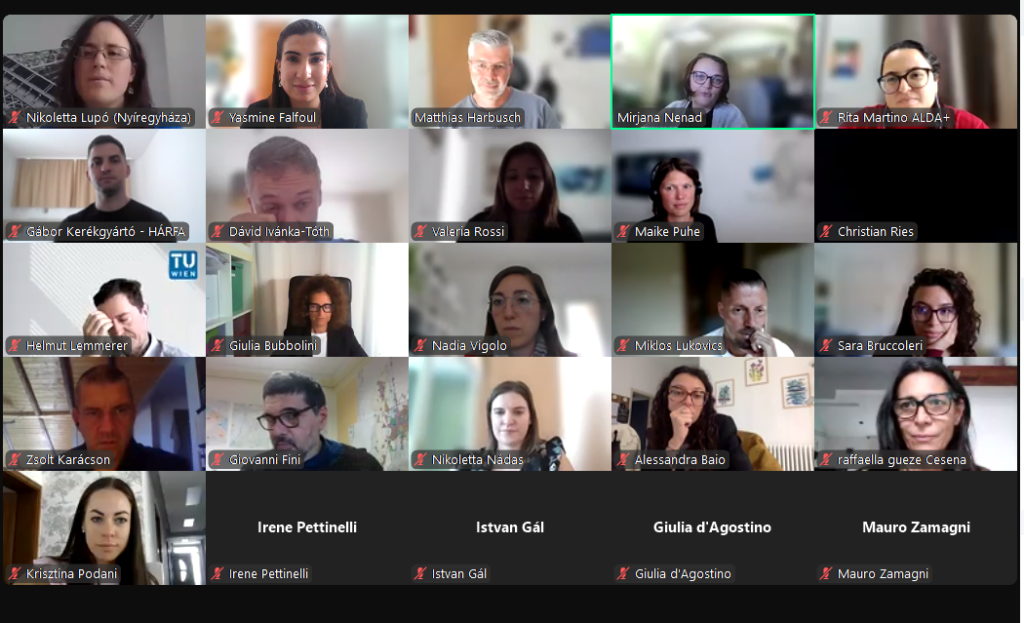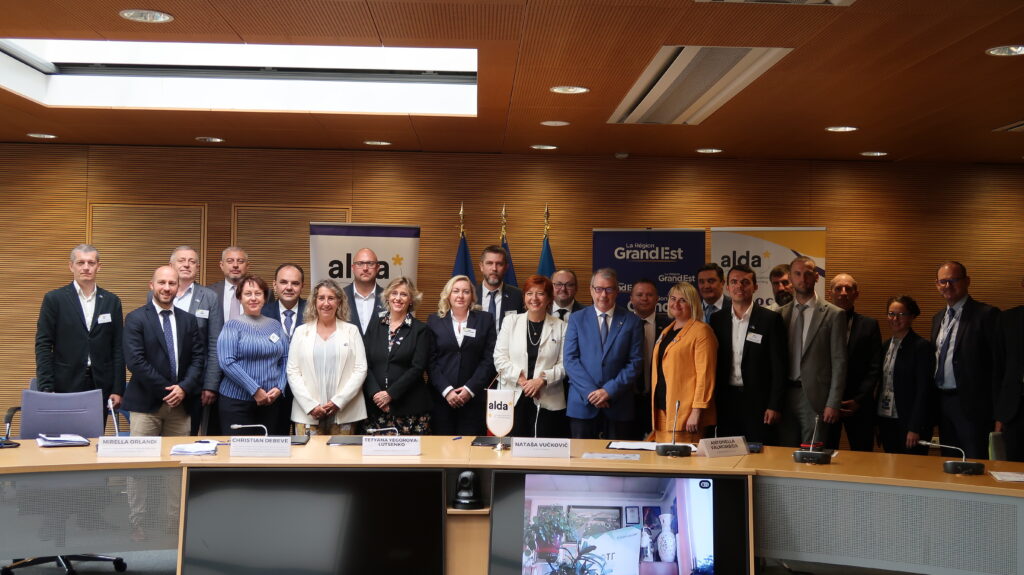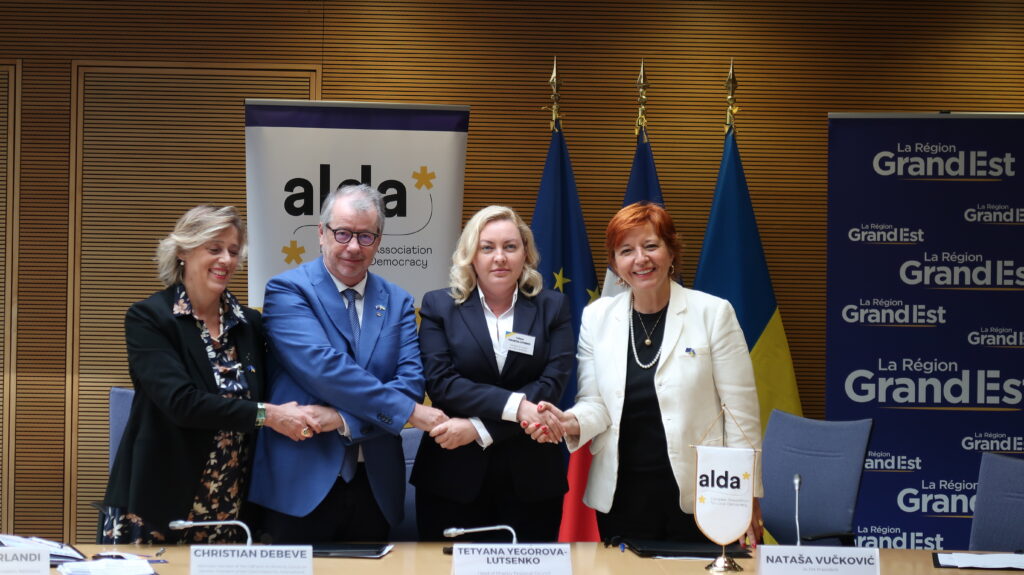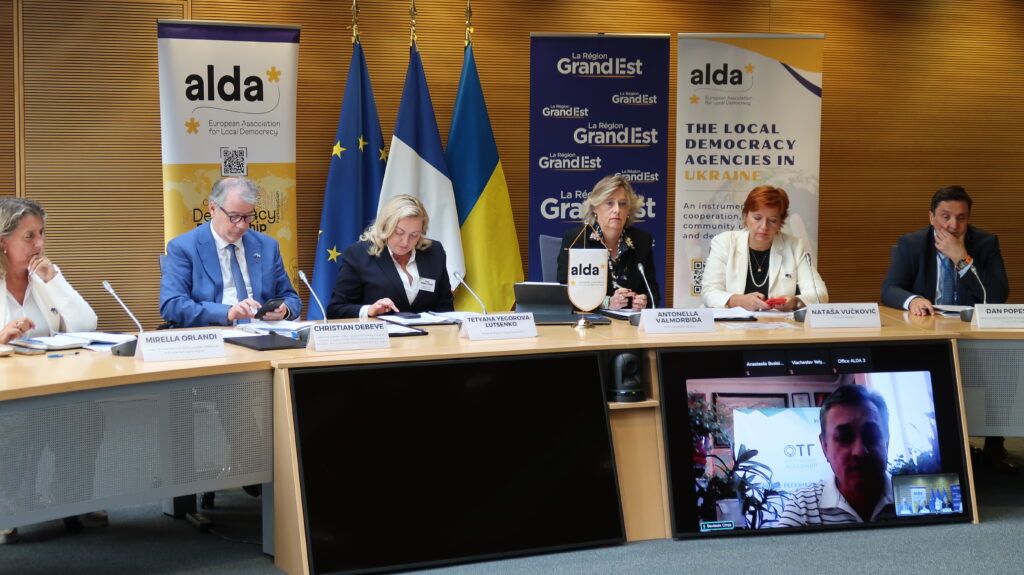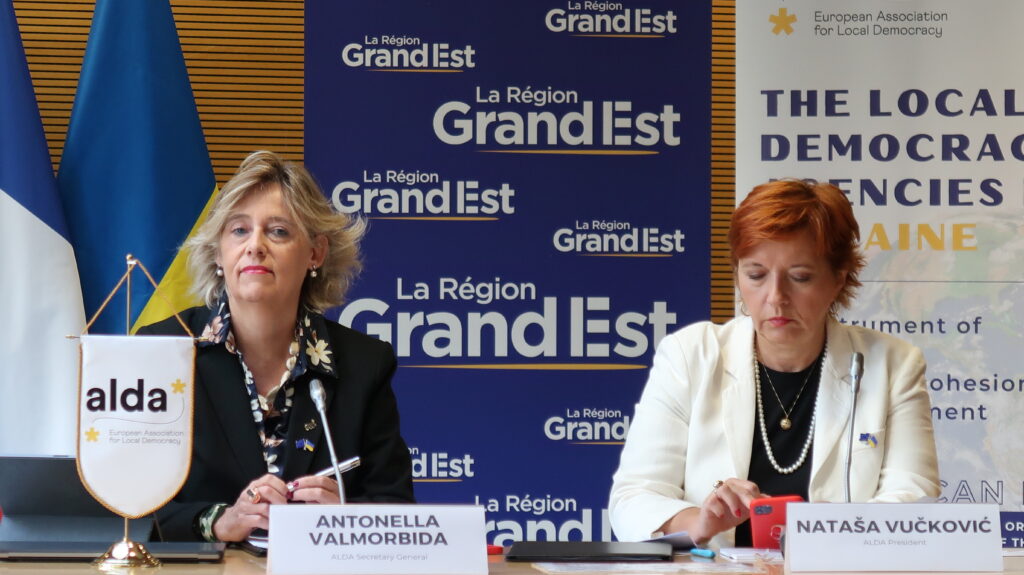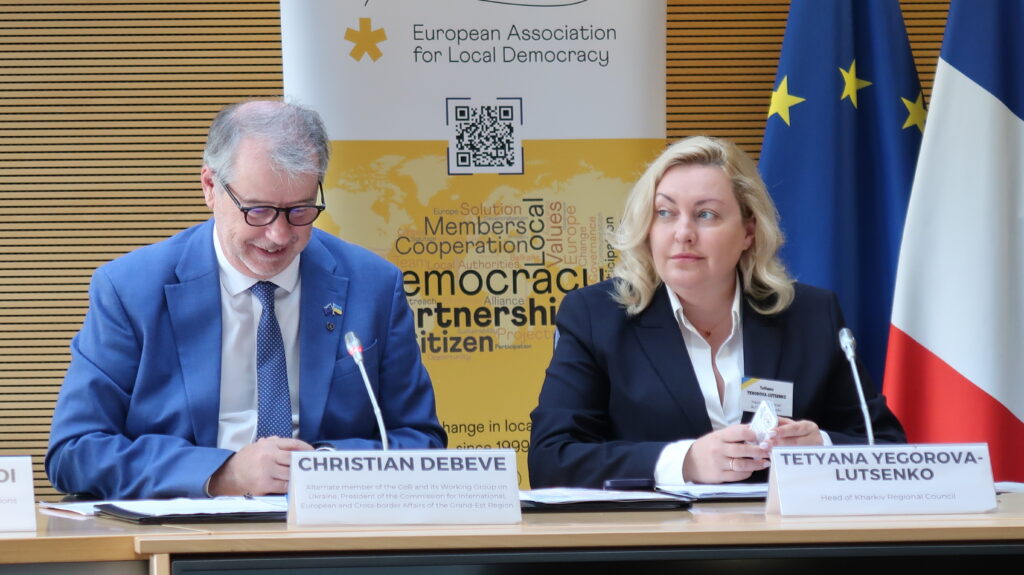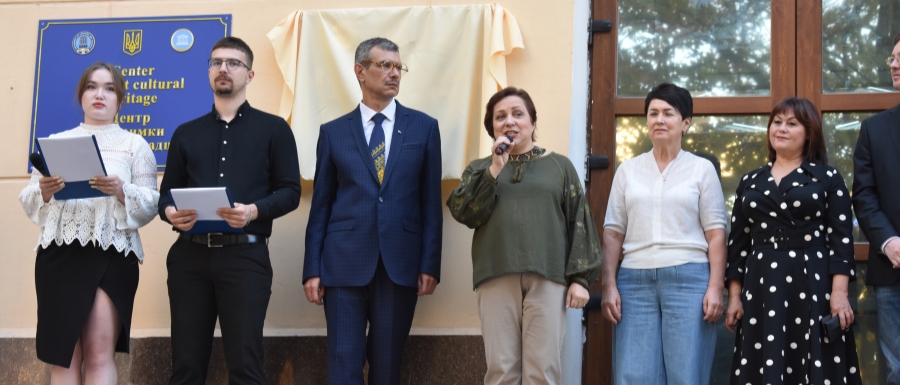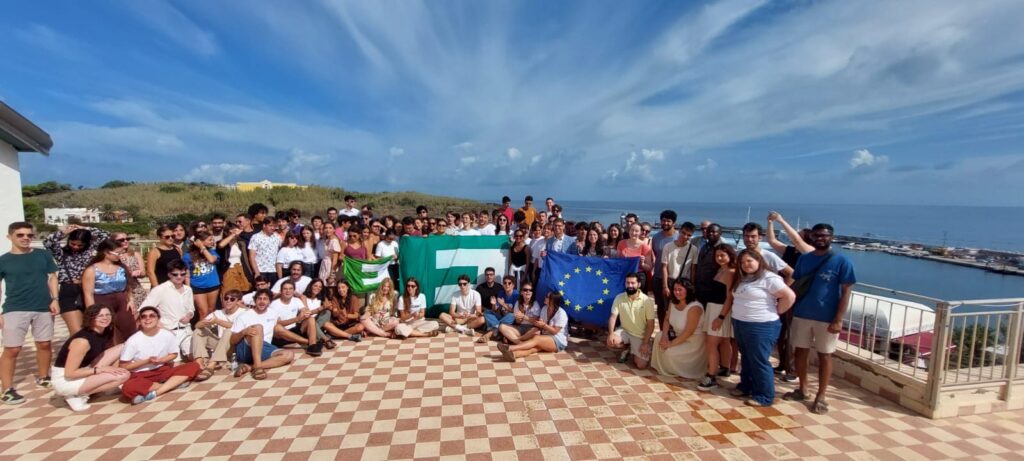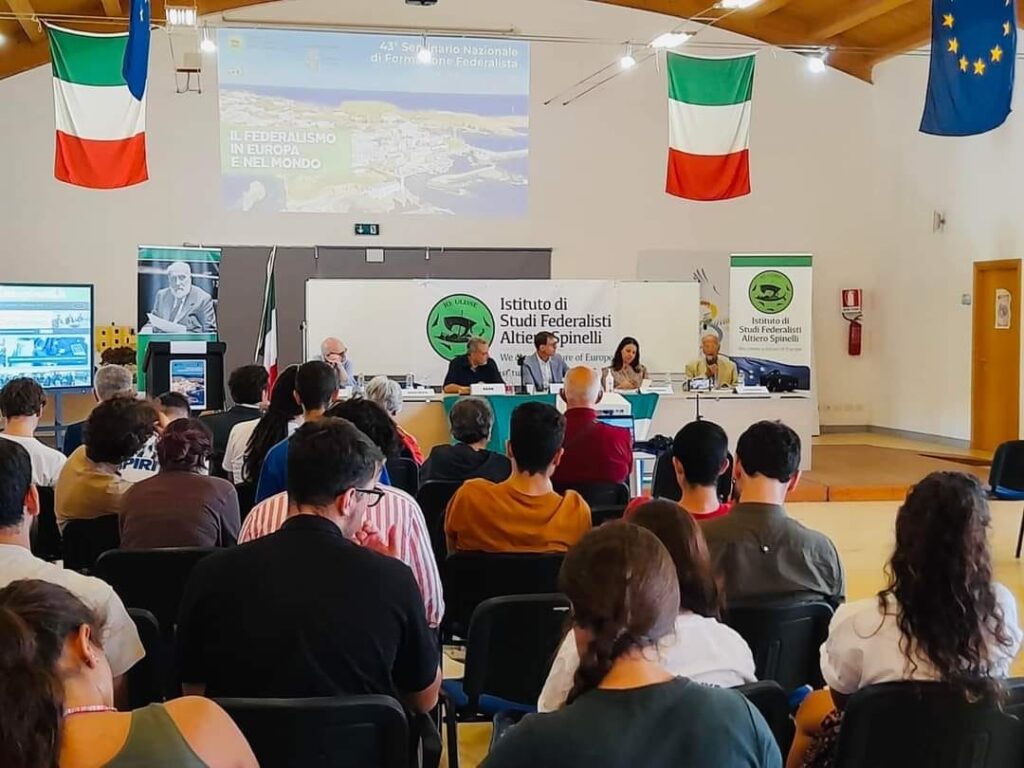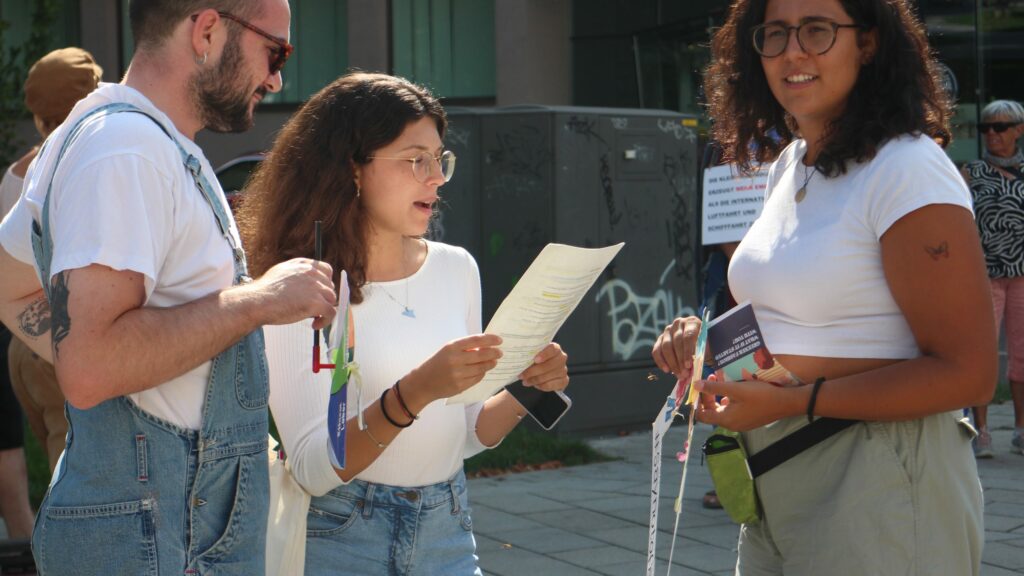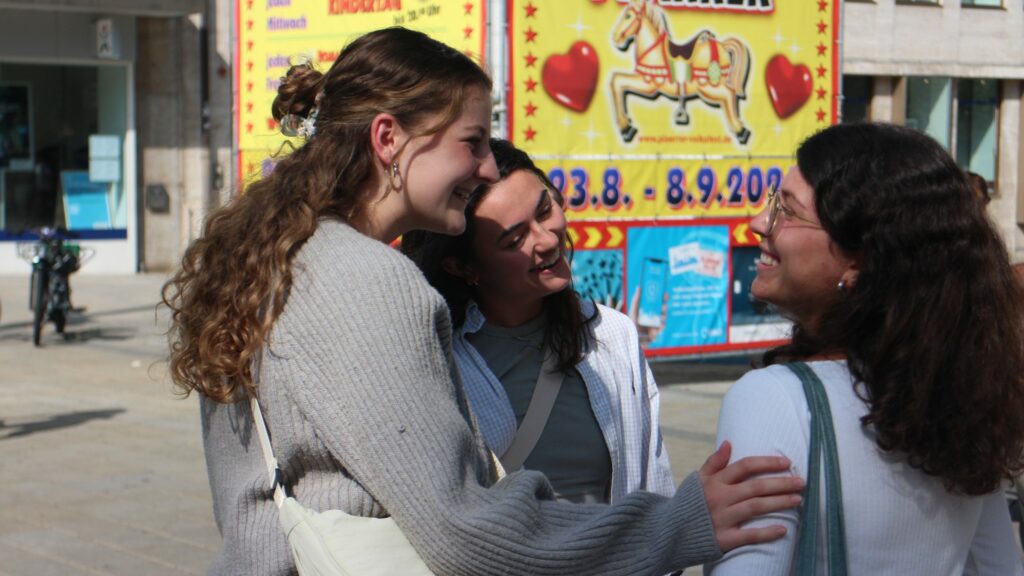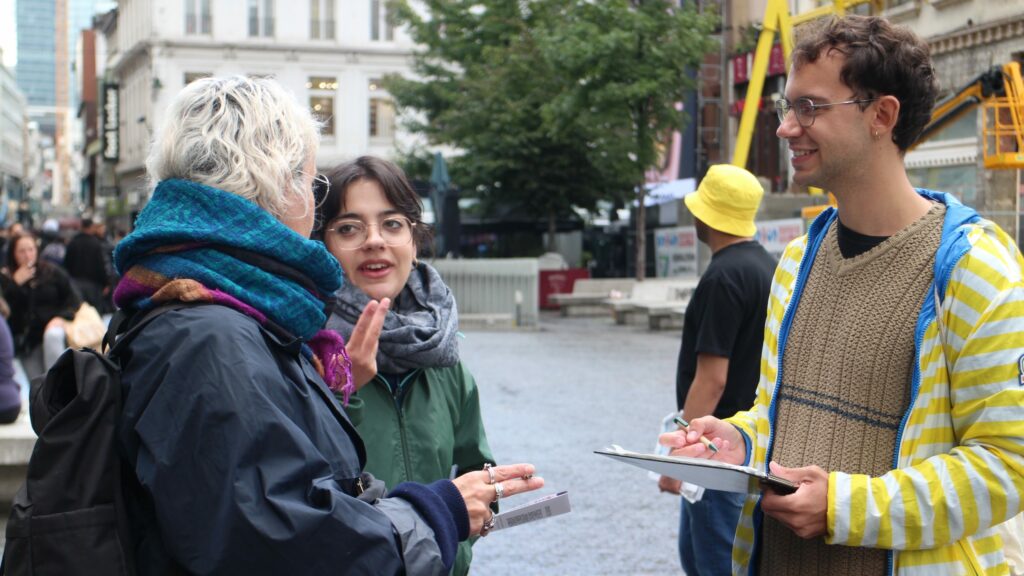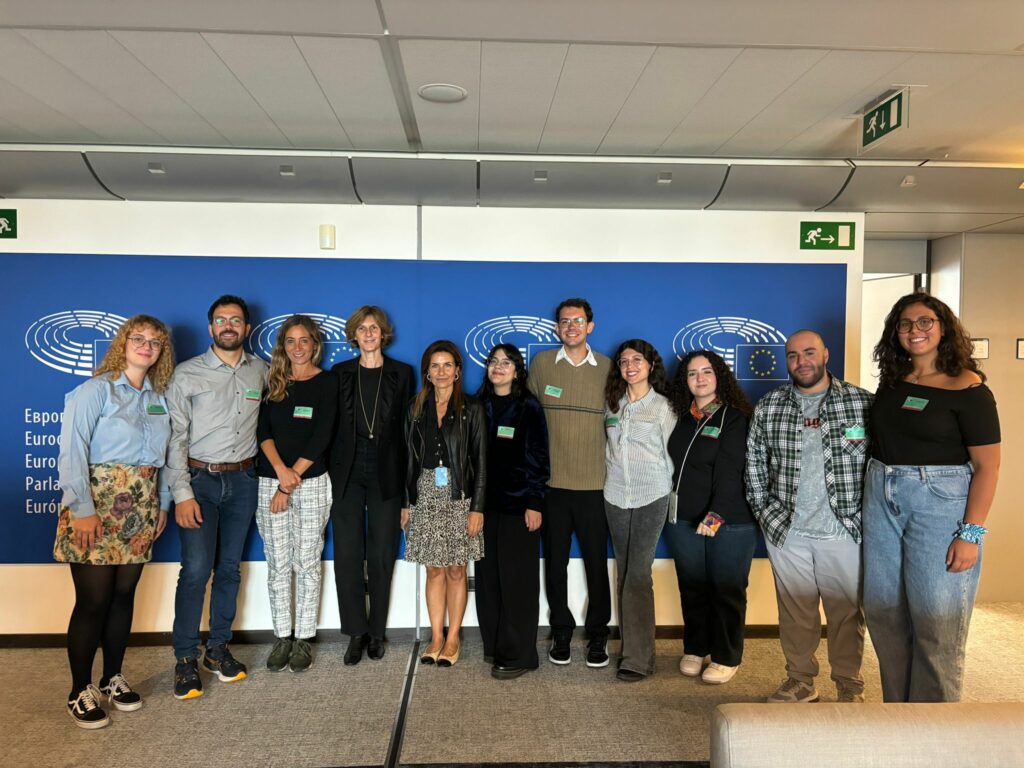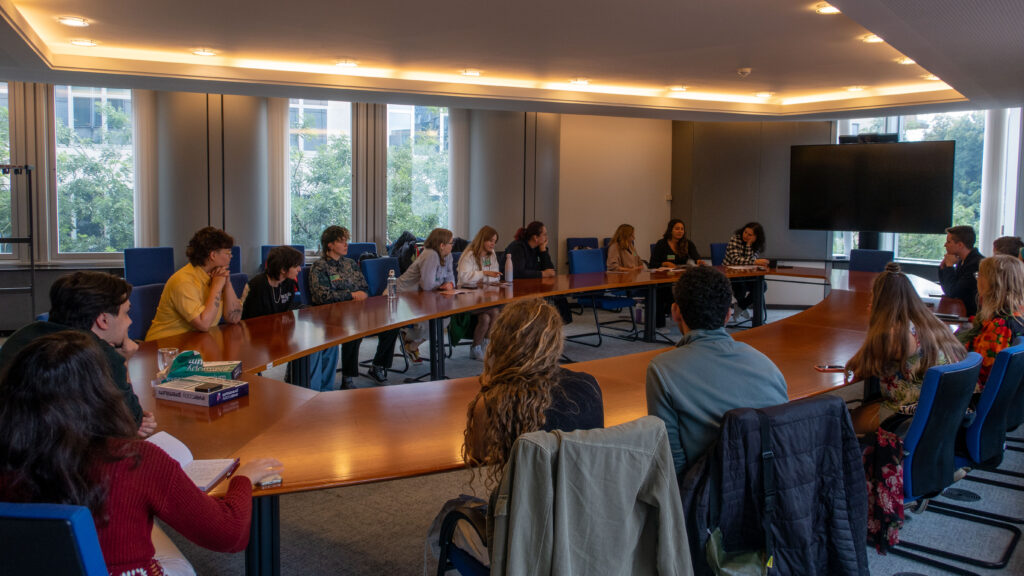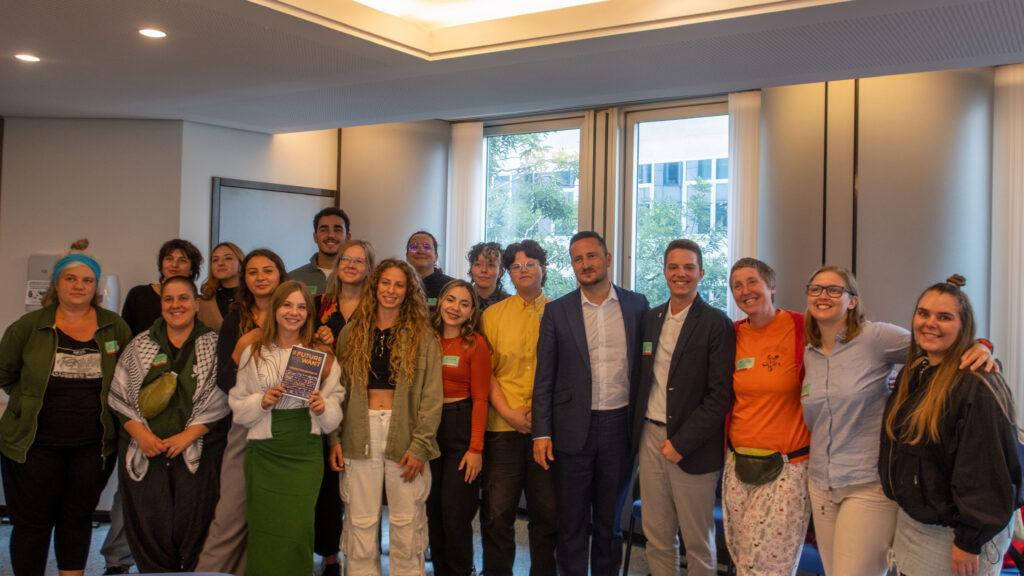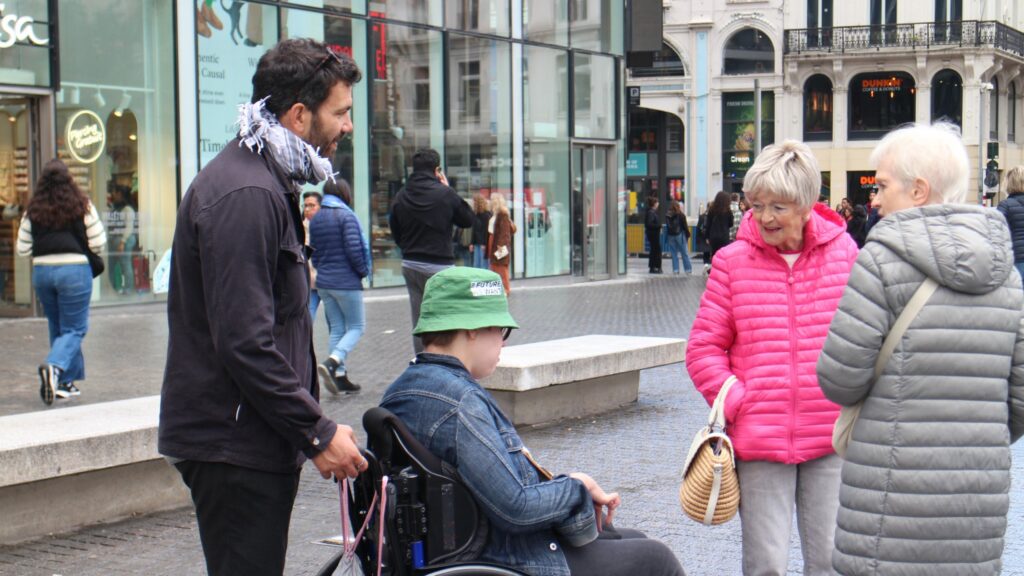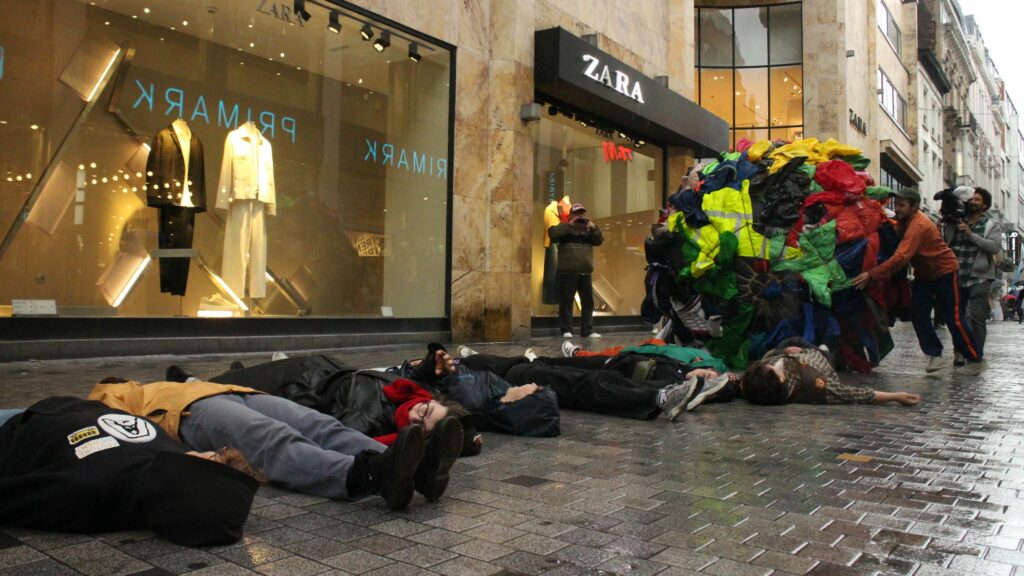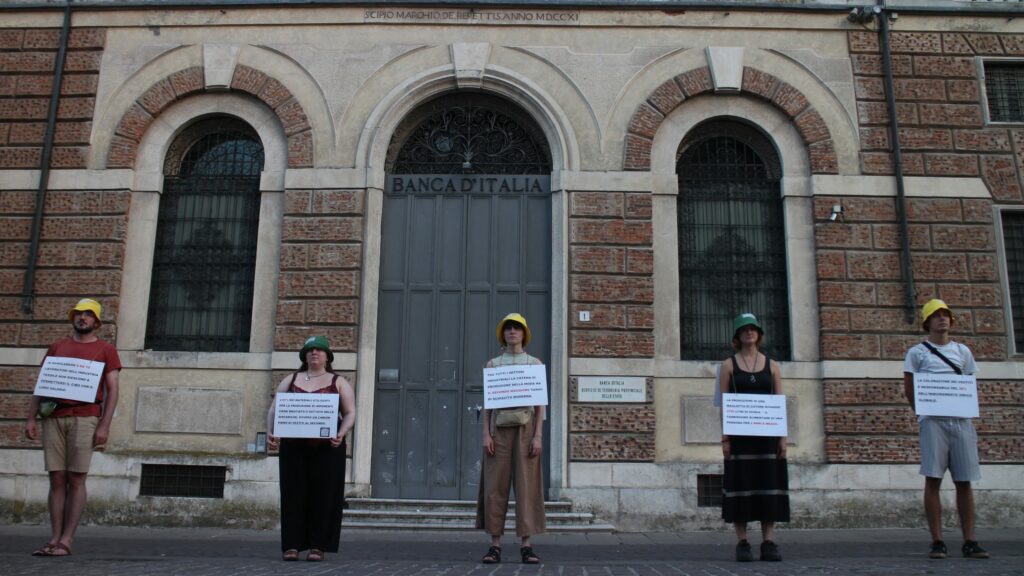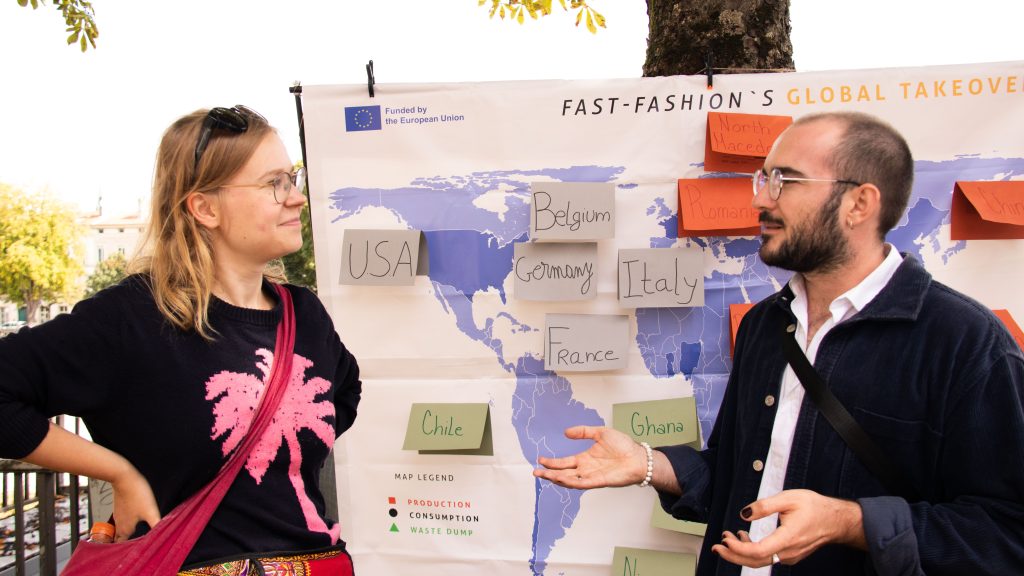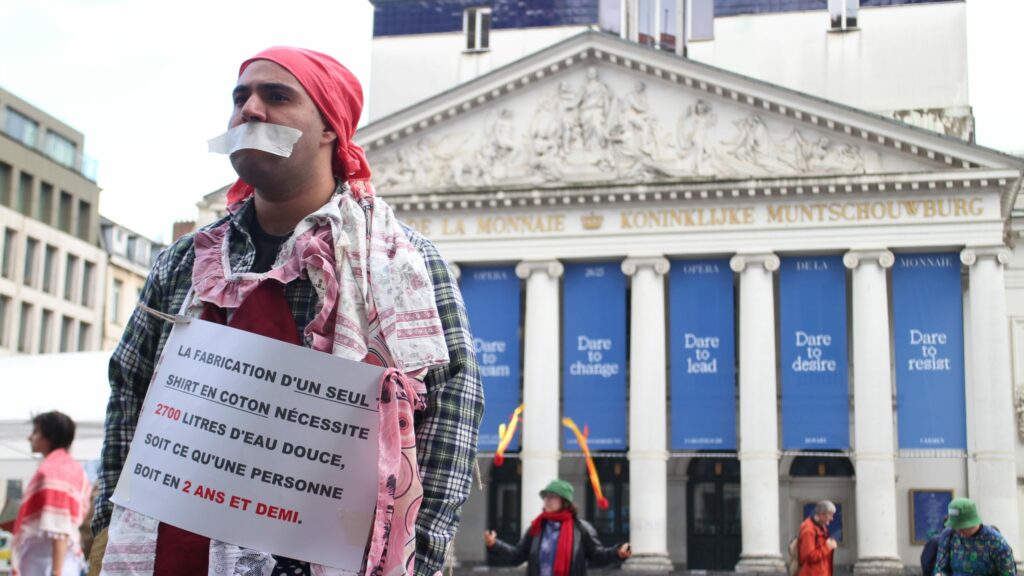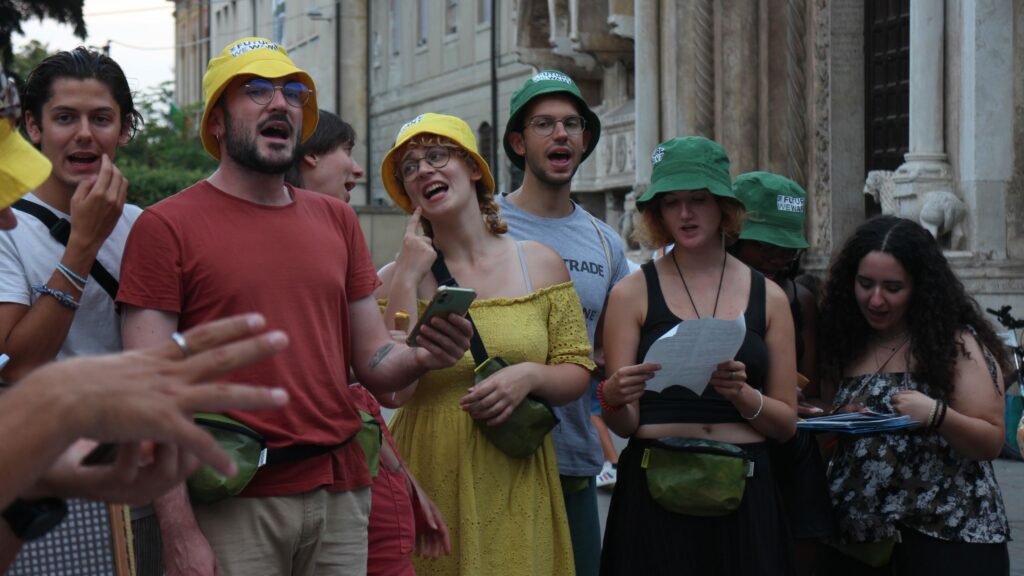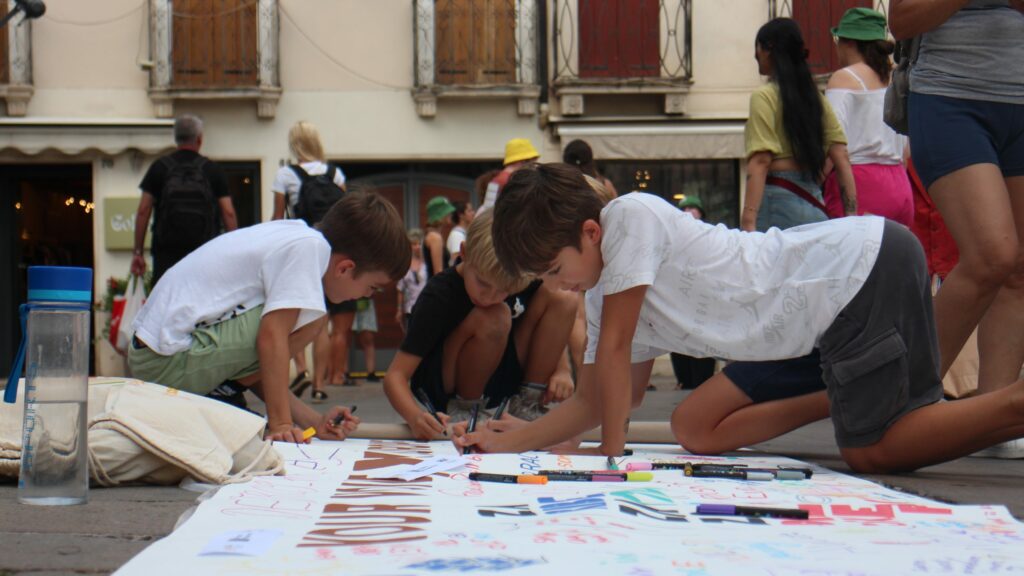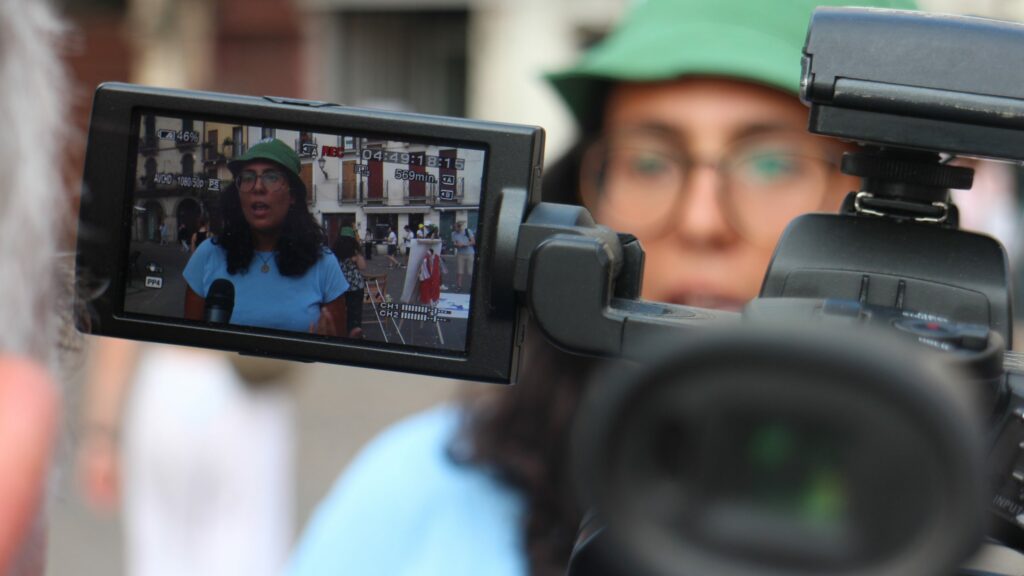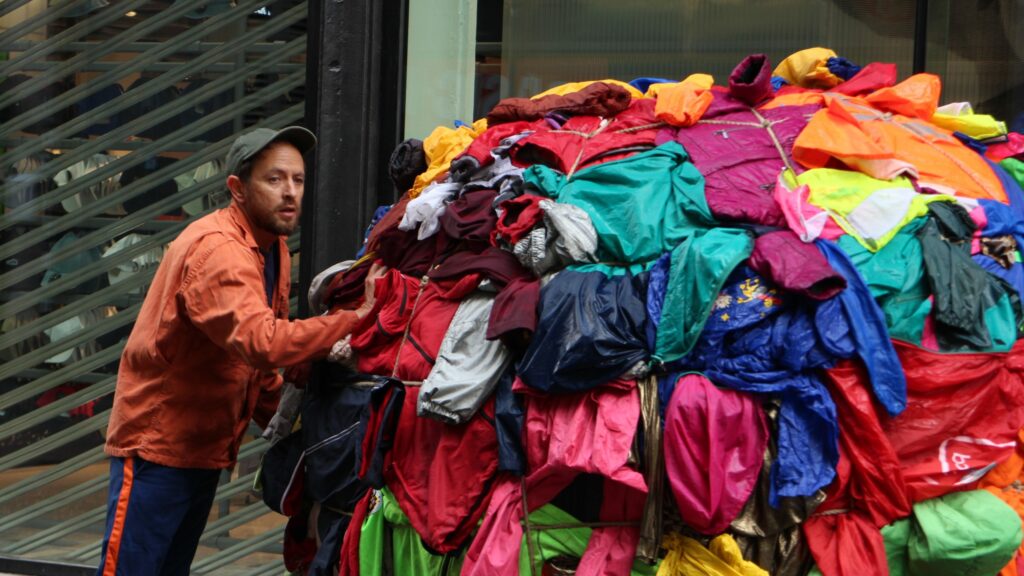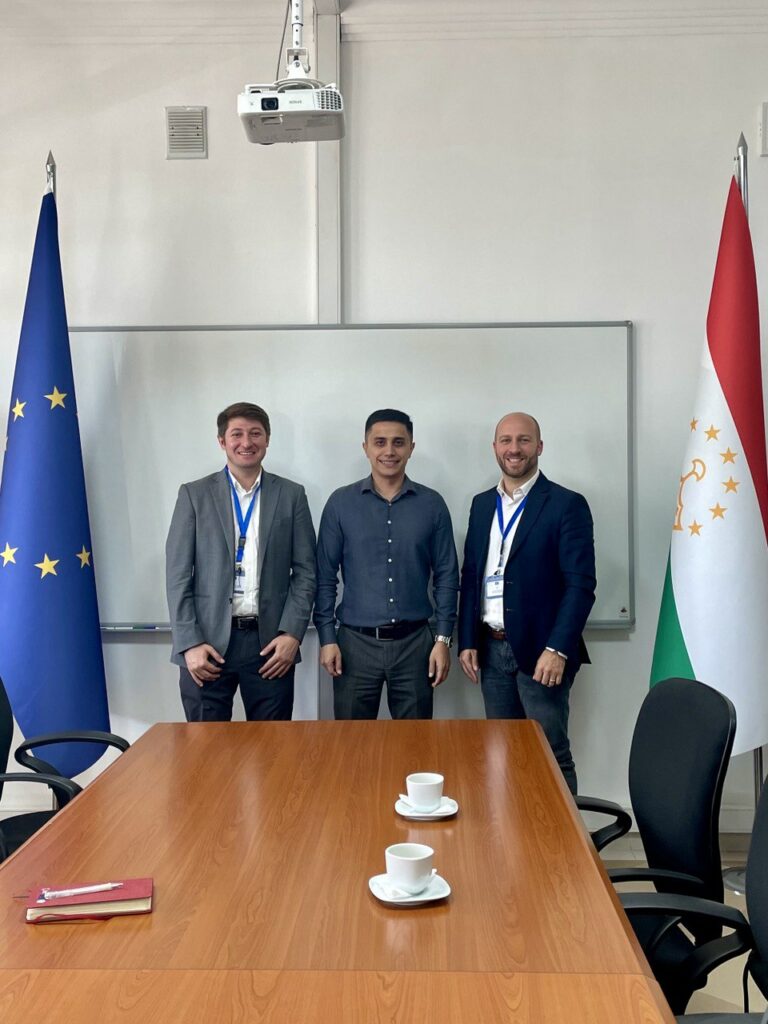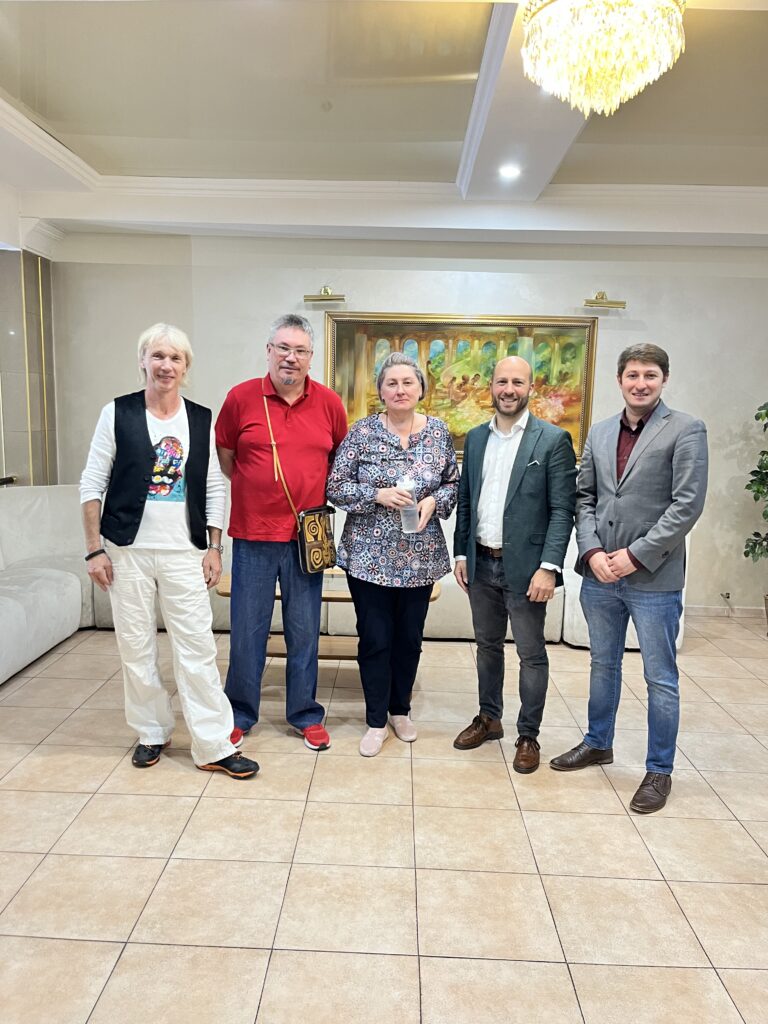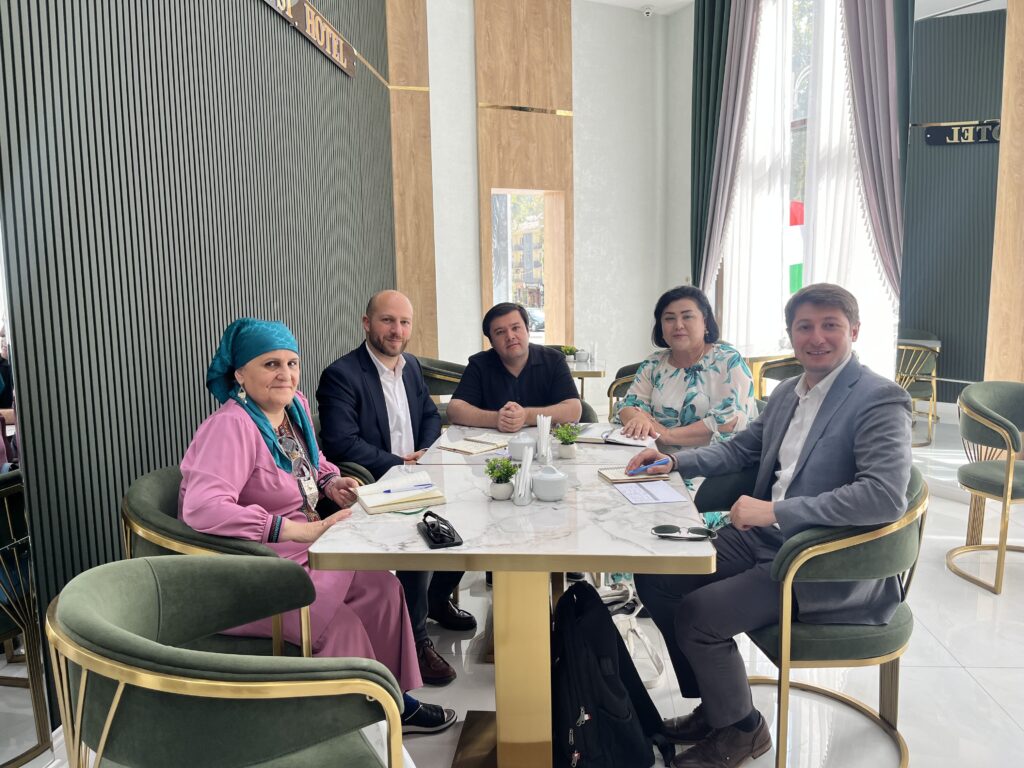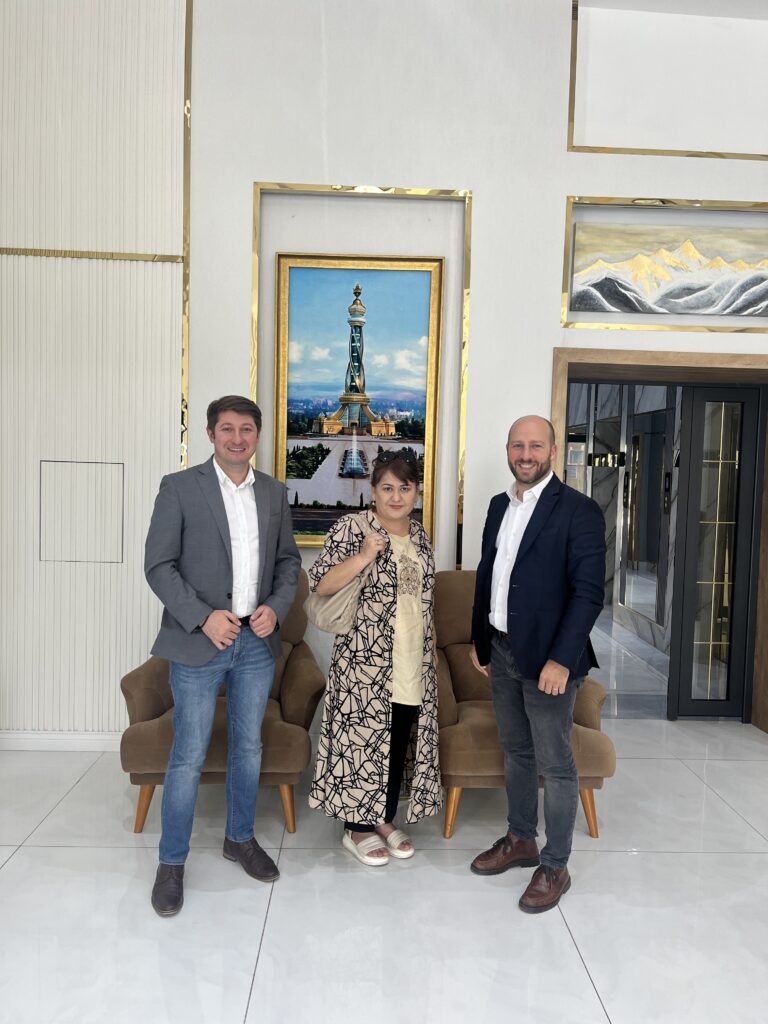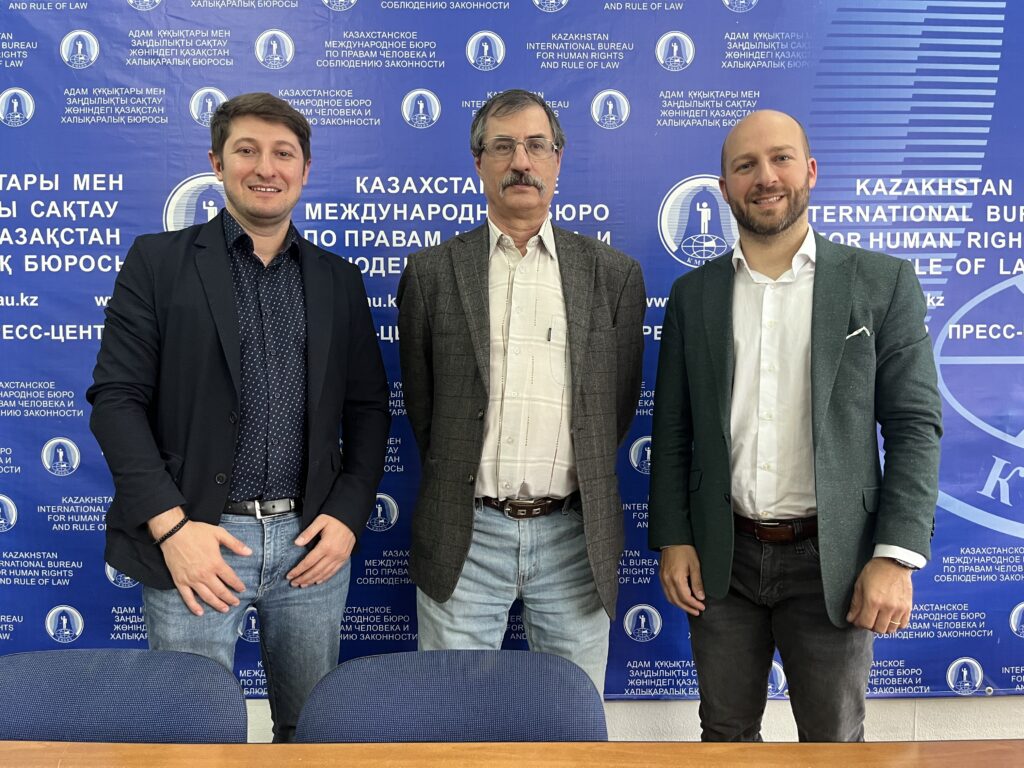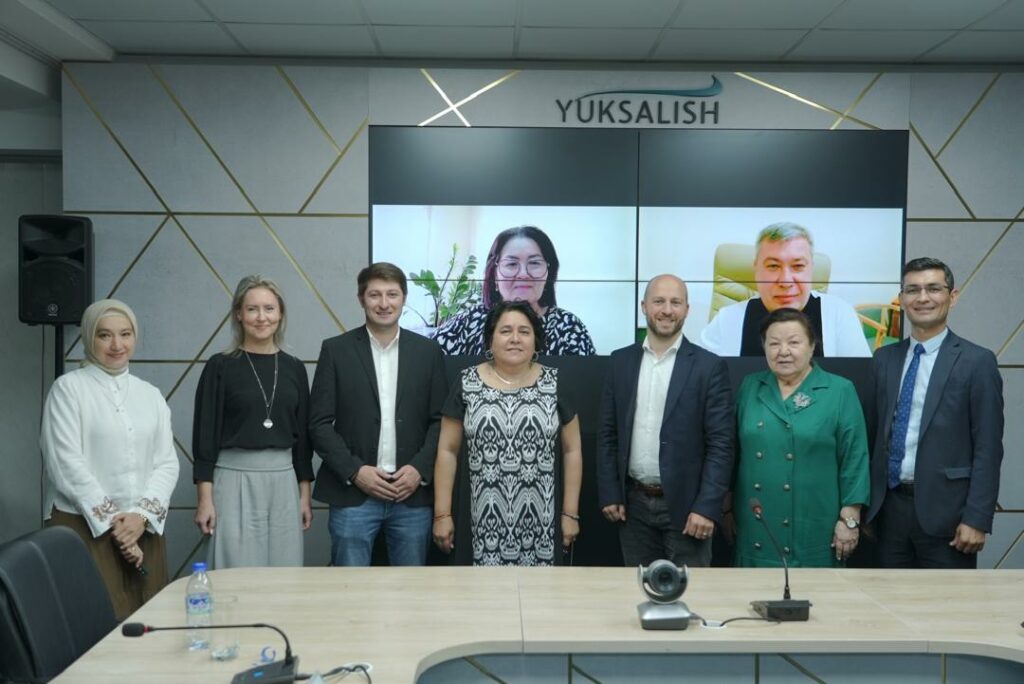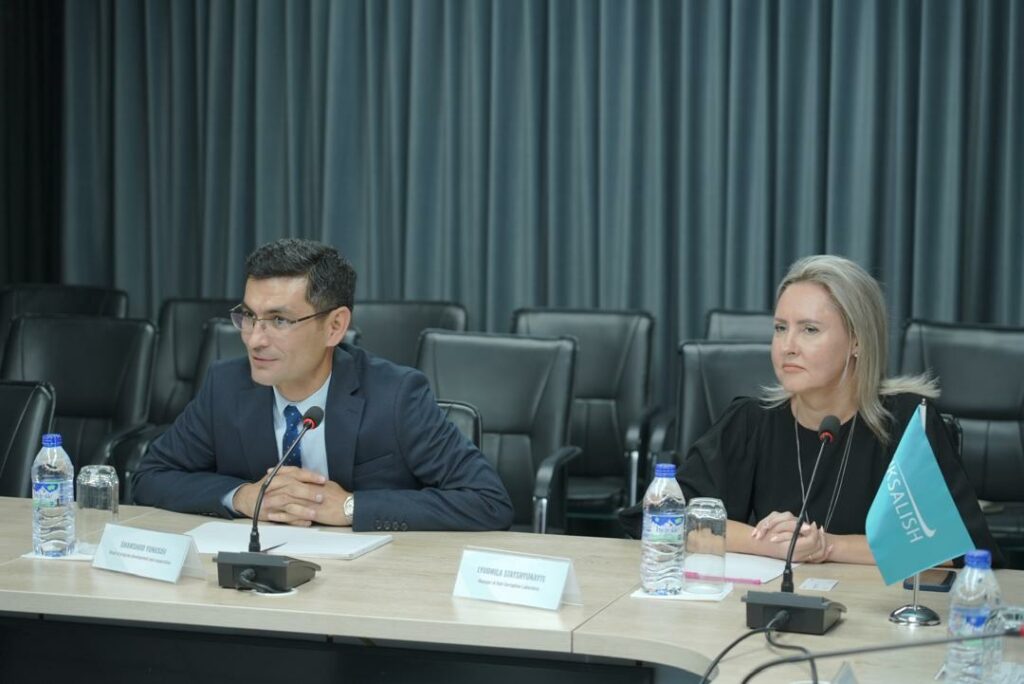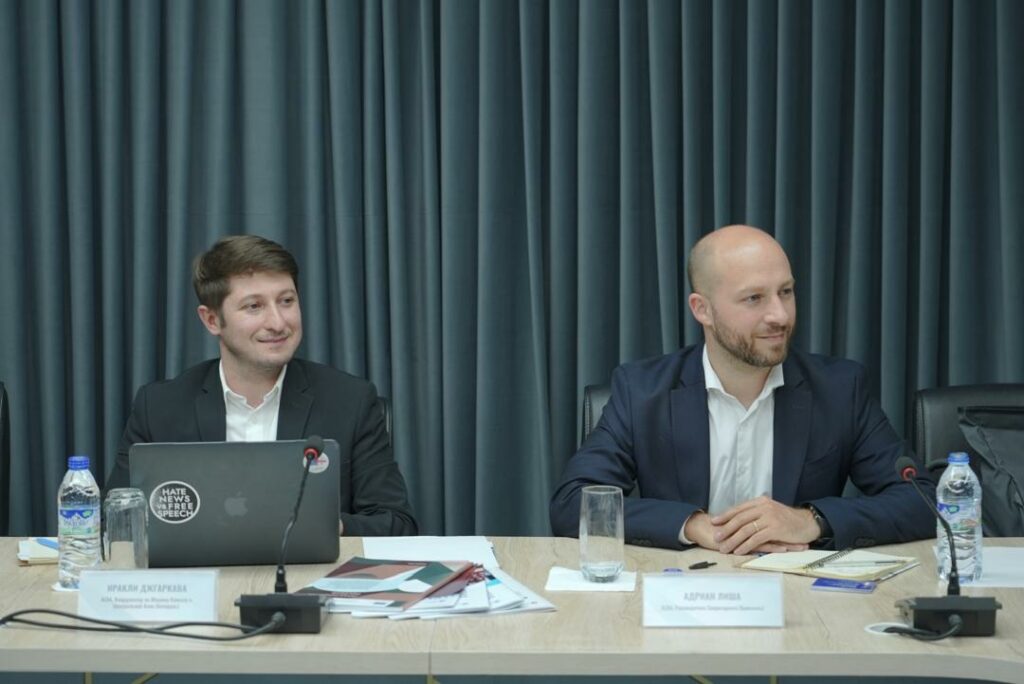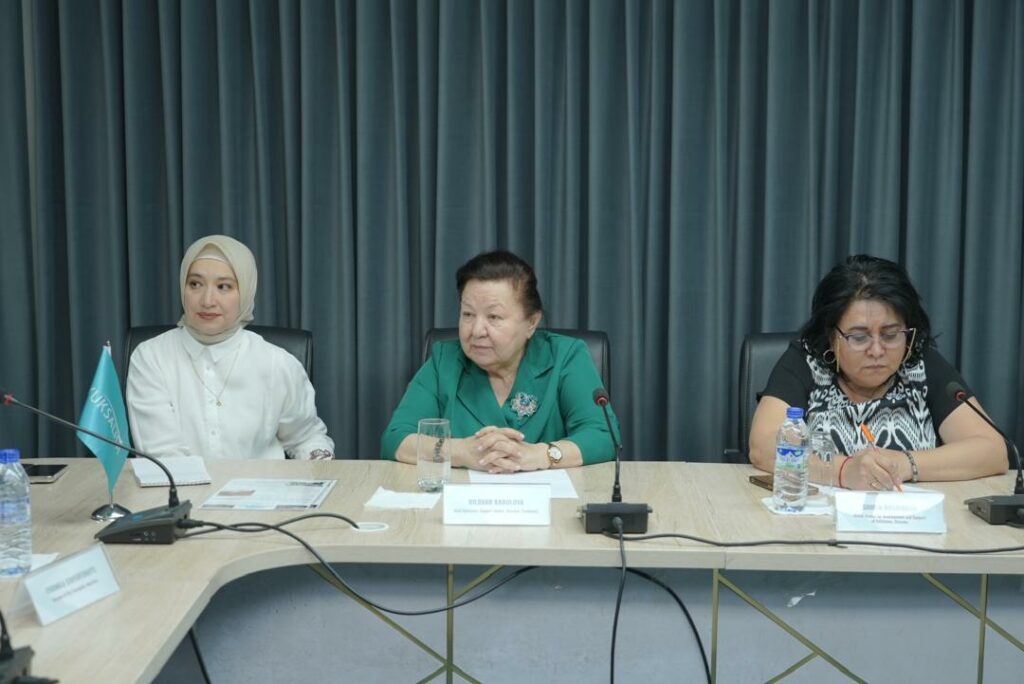The EXTRA C – Extraordinary Citizens project, hosted a major mobility event in Strasburg, France, from September 23 to 27. The event gathered participants from the project’s partner countries – France, Greece, Lithuania, Portugal and Spain -, fostering inclusive democratic participation of young people with intellectual and physical disabilities. The EXTRA-C project aims to empower young people with disabilities to take an active role in democracy. This initiative aims to raise awareness and promote inclusive participation to transform local, regional, national and EU-level environments into communities where diversity and inclusion are fostered, where everyone has a voice and platform to express themselves. Through activities such as this mobility event, the project aims to empower these citizens and the organisations working with them. This week-long mobility aimed to deepen participants’ understanding of their democratic rights and responsibilities while enhancing their knowledge gained from previous training sessions. It brought together around 45-50 individuals, including youth with disabilities, support staff, and project partners, creating an environment conducive to learning and exchange.
A look at the event’s activities and highlights
The activities throughout the week were designed to provide both educational and interactive experiences. On September 24, the day started with engaging activities to help participants get to know each other, followed by a visit to the Council of Europe, where they gained valuable insights into European governance. The following day, September 25, participants had the morning free to explore Strasbourg, while in the afternoon, they visited the European Parliament, deepening their understanding of the institution’s role in upholding democratic values. The morning of September 26 was dedicated to exploring the permanent exhibition “The European project: from dream to unity” at Lieu d’Europe. This visit was conducted in groups, with interactive activities organised in the park for those waiting, ensuring a dynamic and engaging experience for all. Finally, on September 27, the mobility concluded with a goodbye picnic in Parc de l’Orangerie, providing a space for participants to reflect on their experiences and share their insights.
Exchange of knowledge and experience: community and shared purpose
The primary goal of this mobility initiative was to foster the exchange of knowledge, experiences, and best practices among the participants, ultimately enhancing their understanding of diverse perspectives while strengthening their sense of community and shared purpose. Through workshops, discussions, and collaborative activities, participants were able to deepen their connections and develop a strong network of peers dedicated to similar goals. One of the highlights of the mobility was the series of visits to key European institutions, which proved particularly valuable in providing participants with a firsthand understanding of the democratic processes and governance structures that shape the European Union. These visits offered unique opportunities to witness policy-making processes, explore the inner workings of European institutions, enriching their overall experience and commitment to fostering democratic values in their own lives.These interactions not only equipped the participants with a deeper understanding of their rights and responsibilities as citizens but also contributed to the broader dialogue on democratic principles, inclusion, and civic engagement.
Working towards inclusion: a multi-faceted approach
The Extra-C project is framed within ALDA’s thematic hubs of Gender, Inclusion and Human Rights and Youth Empowerment and Education. The Gender and Inclusion Hub adopts an intersectional approach to expand opportunities, reduce barriers, and combat discrimination across various identities and experiences. Meanwhile, the Youth Empowerment Hub is dedicated to fostering active participation among young people, with a special emphasis on creating educational and engagement opportunities for marginalised and disadvantaged youth.
The outcomes of the Strasbourg mobility, along with other project results, will be further disseminated in the upcoming months. For more details on the project’s activities and future events, please visit the project’s official website.


